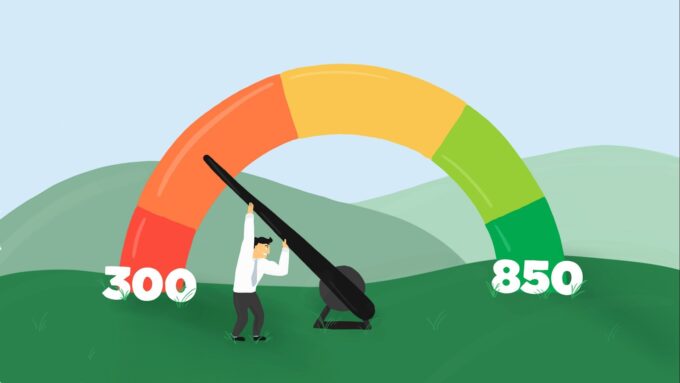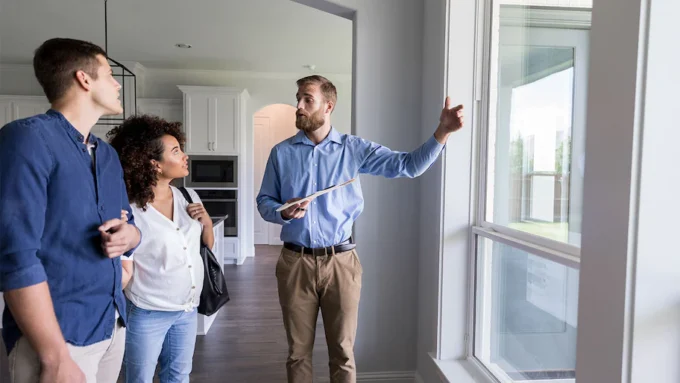When you’re looking for your first home, you may have concerns. It’s a large investment and you could have doubts about where you see yourself ten or twenty years from now. Although we can’t help with that, we can offer you some tips to help when buying your first home.
Work with a reputable real estate company
If you work with a real estate broker like Compass, you will benefit from their years of knowledge and experience. Compass also provides its experienced real estate agents with constant training and support to guide those on a house buying journey with the support they need. Compass can answer all the questions you have, which could help to put your mind at ease. See more here.
Start saving early
Nowadays, buying your first home can be very difficult due to high house prices. Even though you’re only initially paying a small portion of the overall price as a down payment, this can still be a lot of money. Usually, you’ll need to save at least 10% of the purchase price as a down payment, which means you’ll need to save thousands of dollars. Therefore, it’s important that you start saving as early as possible to give yourself a better chance of affording a home once you’re ready to buy. To help you start saving, try out some helpful budgeting tips and ask for advice from homeowners.
Spend time building your credit score

As a first-time home buyer, it’s likely you will need a mortgage. If so, spend as much time as possible building up your credit score before beginning your search. This could include getting a credit card and paying off the full balance each month to avoid getting into debt. Just try to stick to things you were going to buy anyway, especially as you need to be saving your money for a deposit.
Look at the money spent as an investment
Your first home might not be the home you end up settling down in. It can be perfect for your lifestyle now, but that doesn’t mean you have to be stuck there when your circumstances change. The good thing is any money you spend improving it wil lincrease its overall value. If you need to sell and move to a larger place or to a different state, the money from your existing home will go towards your next one.
Consider the extra costs
When you’re saving money to buy your first home, it’s important to remember that you’re not only saving for your down payment. There are many other costs you need to consider when buying a home, such as home inspection fees, legal fees, credit check fees, and title insurance. In addition, you should also consider the ongoing costs once you’ve purchased the home, such as your mortgage payments and property taxes. Make sure you take all of these costs into account so you can set an appropriate budget and save enough money.
Research the area

You probably know the area you’re home hunting in, or at least have a connection, such as work or family, to explain why you want to live there. Start by talking to people you know about what it’s like to live there. This could be different from just visiting or passing through for work.
You can always spend time visiting in the evenings and checking out the local bars or other venues. Even if this isn’t your thing, it lets you see the differences between what the neighborhood is like at night compared to during the daytime.
Look into first-time homebuyer assistance programs
Depending on where you live, you could take advantage of a first-time homebuyer assistance program to help you get into the real estate market. These programs can include low-interest-rate mortgages, tax credits, and help with down payments for those who are struggling to buy their first home. So, if you need some extra help, remember to look into these assistance programs in your state, county, or city to see what’s available.
Get your paperwork ready
It’s no secret that buying a home involves a lot of paperwork. To buy a house, you’ll need to have your pay stubs, employer contact information, proof of employment, bank statements, tax documents, debt information, residential history, and more. During the sale, you’ll also encounter additional documents like the home inspection report. To make the sale go more smoothly, it’s a good idea to get all of the necessary documents ready in advance, and once the sale is complete, make sure you keep all documents related to the sale safe.
Hire a home inspector

As a first-time buyer, you may be hoping to cut costs where possible to make it easier for you to buy your first home. Since a home inspection can cost between $300 and $500, this may be something you’re thinking of skipping. However, not hiring a home inspector before you purchase a house could be a huge mistake. A professional home inspector will be able to detect serious faults that you completely miss, so if you skip this vital step in the house-buying process, you could end up buying a home that needs a lot of expensive repair work in the future.
Use professionals with great reviews
Once you’ve made an offer and you have a date to move in, you will need to hire a removals company. Depending on the home you’ve purchased, you might also have work you want to do to improve or adapt it to your tastes.
To avoid problems, ensure that any professionals you hire have a good track record, ideally with lots of positive reviews. The last thing you want is unprofessional removal people damaging your furniture, or untrustworthy tradespeople causing more work for you.
Buying your first home is a big step, but it’s also an exciting landmark in your life. So, when you’ve done all the work, sit back, relax and take some time to enjoy your new home.









